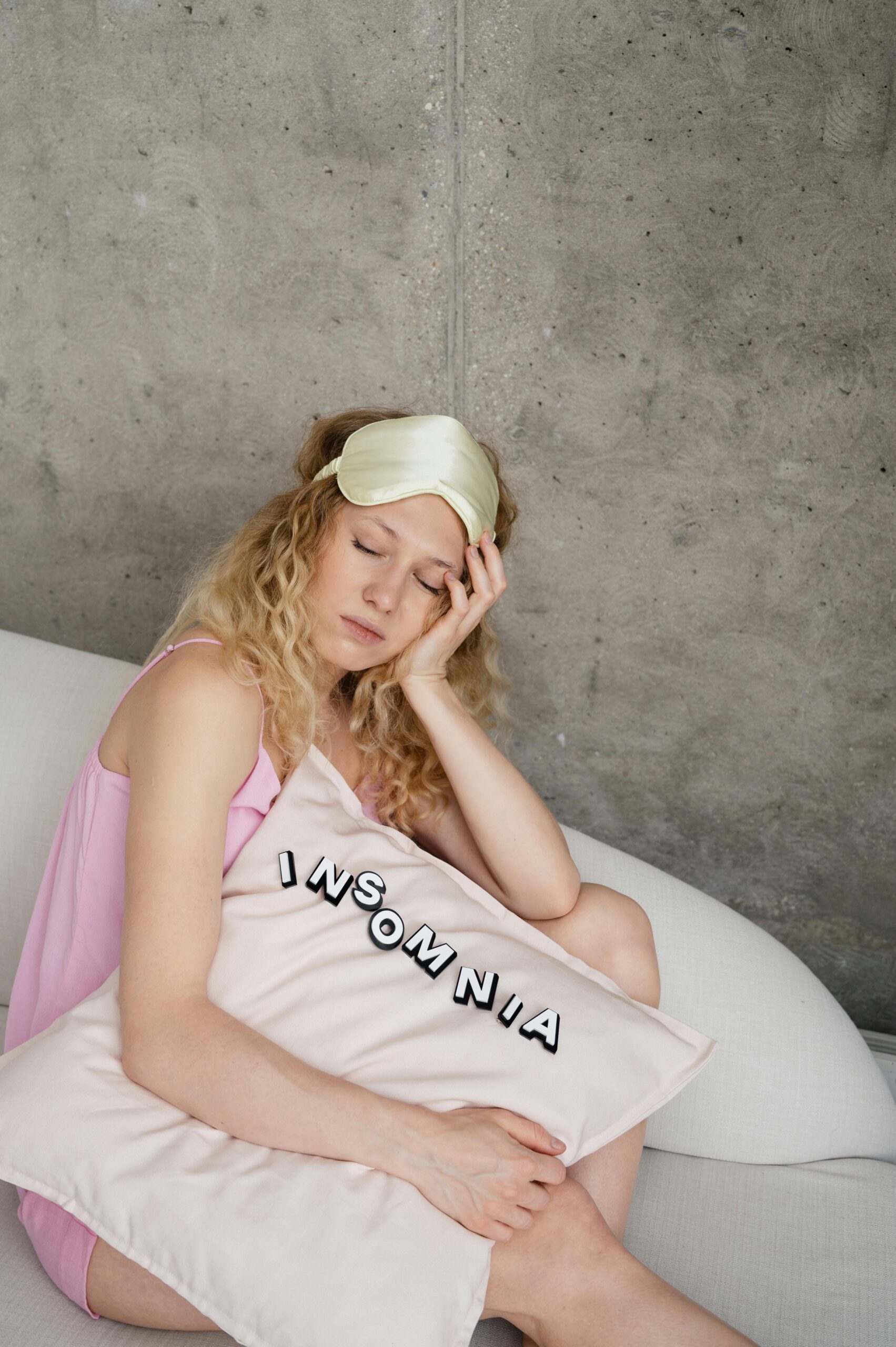How Sleep Deprivation Affects Your Cortisol and Stress Hormones
Ah, sleep—the elusive creature that seems to evade many of us, especially in our fast-paced world where “I’ll sleep when I’m dead” is more than just a saying; it’s a lifestyle for some. But let me tell you, sleep deprivation isn’t just a badge of honor; it’s a recipe for disaster, particularly when it comes to your cortisol and stress hormones. Buckle up as we dive deep into this fascinating realm of sleep science!
The Sleep-Stress Connection
Ever notice how after a night of tossing and turning, you wake up feeling like a zombie? That’s not just your imagination. Sleep deprivation has a direct link to the body’s stress response, primarily through the hormone cortisol. But what exactly is cortisol, and why should you care?
Cortisol, often referred to as the “stress hormone,” plays a pivotal role in a variety of bodily functions, including metabolism, immune response, and, of course, the stress response. When you’re sleep-deprived, your body goes into overdrive, cranking out cortisol like a factory on a caffeine binge. This spike in cortisol can lead to a series of unfortunate events, making you feel anxious, irritable, and downright grumpy. Think about it: the last time you had a sleepless night, did you feel like a ray of sunshine or a storm cloud?
How Sleep Deprivation Elevates Cortisol Levels
Let’s break down the science a bit more. When you’re awake, your cortisol levels rise and fall throughout the day in a natural rhythm. Typically, they peak in the morning to help you wake up and gradually decrease throughout the day. However, when your sleep is disrupted or cut short, your body doesn’t follow this rhythm. Instead, it can lead to:
- Increased cortisol production: Your body perceives sleep deprivation as stress, prompting the adrenal glands to release more cortisol.
- Altered cortisol rhythm: Instead of a natural ebb and flow, you may experience consistently high cortisol levels, which can wreak havoc on your health.
- Increased stress sensitivity: High cortisol levels can make you more reactive to stressors, leading to a vicious cycle of anxiety and poor sleep.
The Ripple Effect on Your Health
So, what’s the big deal about high cortisol levels? Well, they can lead to a plethora of health issues. Here are just a few ways that sleep deprivation and elevated cortisol can affect you:
1. Weight Gain
Yes, you read that correctly. High cortisol levels are linked to increased appetite and cravings for unhealthy foods. So, if you find yourself reaching for that extra slice of pizza after a sleepless night, your hormones might be throwing a party without you!
2. Weakened Immune System
Chronic sleep deprivation can suppress your immune function, making you more susceptible to illnesses. That means more sick days at work and fewer days enjoying life. Who wants that?
3. Mood Swings
Ever feel like a rollercoaster when you’re sleep-deprived? That’s your cortisol playing tricks on you. Elevated levels can lead to increased anxiety and irritability, making you feel like everyone is out to get you—even your coffee maker, which refuses to cooperate on those groggy mornings.
4. Memory Issues
Cortisol affects memory and cognitive function. If you feel like your brain is running on dial-up while everyone else is on high-speed internet, it might be time to prioritize your sleep. After all, nobody wants to forget their own anniversary, right?
Combatting Sleep Deprivation and High Cortisol
If your cortisol levels are dancing the tango due to lack of sleep, fret not! There are several strategies to help you reclaim your sleep and balance those hormones:
- Establish a Sleep Schedule: Go to bed and wake up at the same time every day—even on weekends. Your body will thank you!
- Create a Sleep-Friendly Environment: Make your bedroom a sanctuary. Dark, quiet, and cool environments promote better sleep.
- Limit Caffeine and Alcohol: Both can interfere with your sleep quality, so try to enjoy them in moderation—especially before bedtime.
- Practice Relaxation Techniques: Incorporate practices like meditation, deep breathing, or gentle yoga into your routine to help lower stress levels.
So, the next time you find yourself skimping on shut-eye, remember that your cortisol levels are not just sitting idly by; they’re on a wild ride that can impact your health in significant ways. Prioritizing sleep isn’t just about feeling rested; it’s about keeping your hormones in check and living your best life—one peaceful night at a time!
